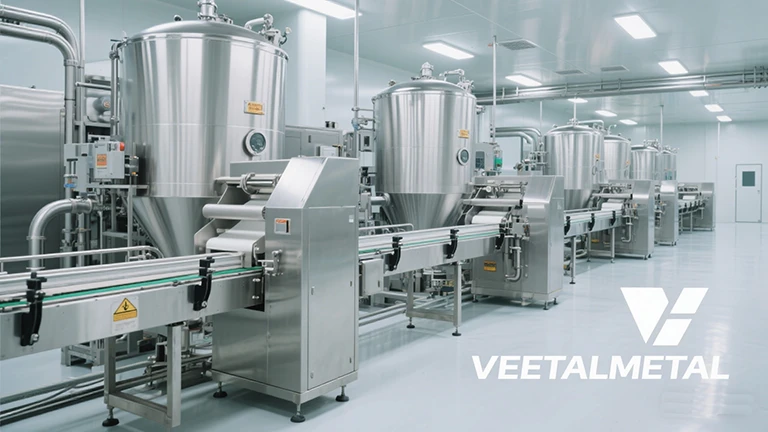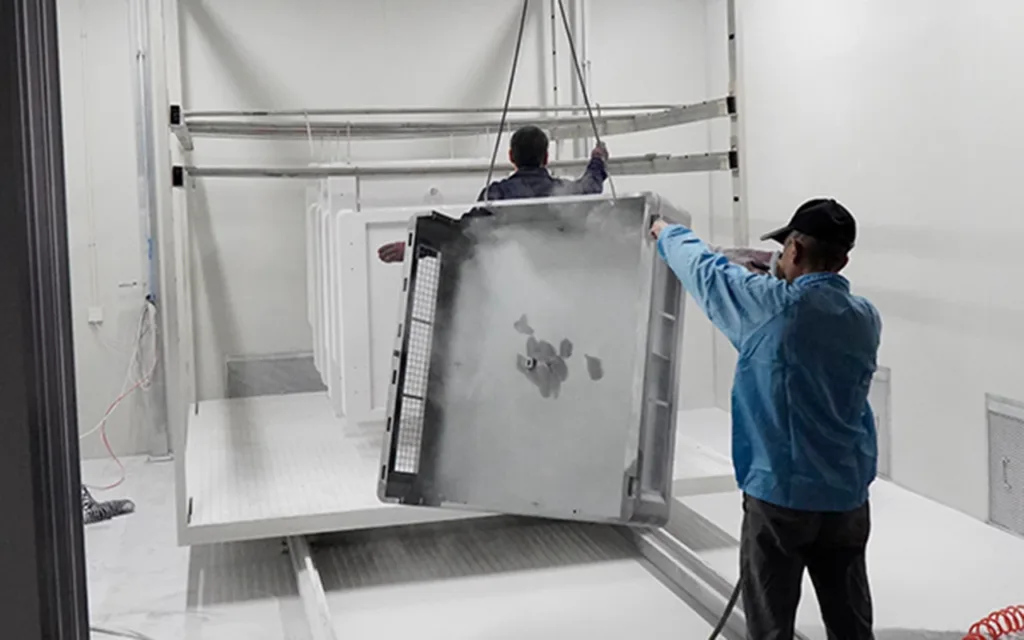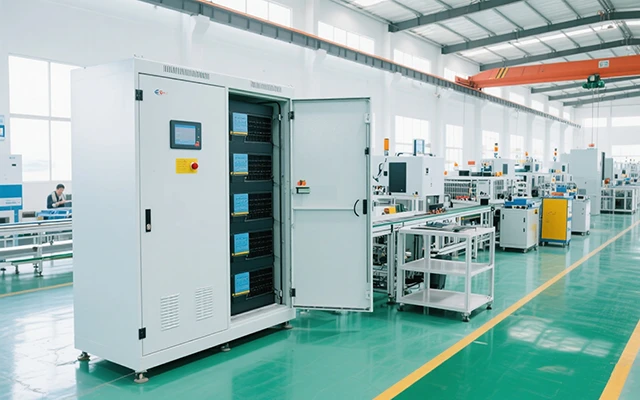Sheet metal products are indispensable in the food industry, serving as the backbone of equipment and infrastructure that ensure efficiency, safety, and compliance with strict regulations. From processing machinery to storage solutions, their design and performance directly impact food quality and consumer safety. This article explores their applications, the industry’s unique demands, and their role in upholding food safety standards.
1. Applications of Sheet Metal Products in Food Industry Equipment
Sheet metal, valued for its durability, malleability, and resistance to corrosion, is integrated into nearly every stage of food production and processing:
– Processing Machinery: Conveyors, mixers, and slicers rely on sheet metal frames and components. For example, stainless steel sheet metal forms the surfaces of meat grinders and dough mixers, providing a sturdy base that withstands repeated use and heavy loads.
– Storage & Handling: Refrigeration units, storage tanks, and shelving systems often use sheet metal. Stainless steel sheets, for instance, line cold storage rooms to resist rust and maintain hygienic conditions for perishable goods like dairy and vegetables.
– Packaging Equipment: Machines for filling, sealing, and labeling food products depend on precision sheet metal parts. These components ensure alignment and stability, preventing leaks or contamination during packaging.
– Cleaning Systems: Industrial washers and sanitizing stations use sheet metal casings and trays, designed to withstand high-pressure water and chemical cleaners without degrading.
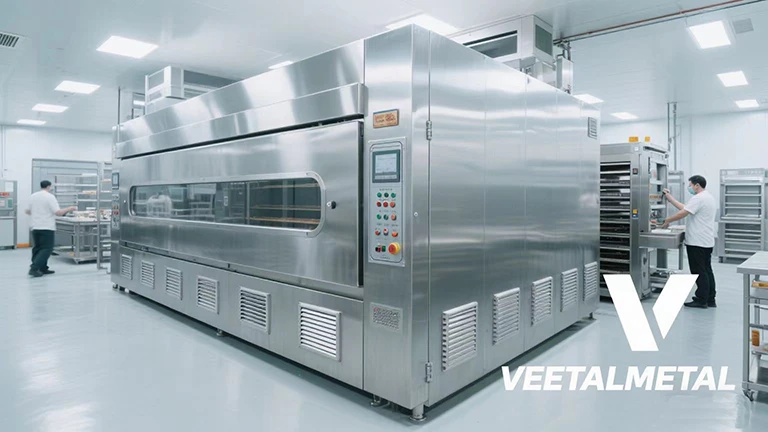
2. Special Requirements of the Food Industry for Sheet Metal Products
The food industry imposes stringent standards on sheet metal products to address hygiene, durability, and regulatory compliance:
– Material Purity: Food-grade stainless steel (e.g., 304 or 316 grades) is mandatory. These alloys resist corrosion from acids, salts, and moisture—common in food processing—and avoid leaching harmful substances into food. Unlike regular steel, they do not rust or react with acidic ingredients like citrus or vinegar.
– Hygienic Design: Sheet metal components must have smooth, crevice-free surfaces to prevent bacterial buildup. Welds are continuously sealed, and edges are rounded to eliminate sharp corners where food particles or moisture could accumulate. For example, conveyor belts made from sheet metal have seamless joints to simplify cleaning.
– Temperature Resistance: Sheet metal used in baking ovens, freezers, or pasteurization units must withstand extreme temperatures (from -40°C to 200°C+) without warping or losing structural integrity. Heat-resistant coatings or alloys ensure longevity in these harsh environments.
– Compliance with Standards: Products must meet global regulations, such as the FDA (U.S.) or EU 10/2011, which set limits on material safety and hygiene. Certifications like NSF International or CE mark are often required to validate compliance.
“For years, VEETAL has been at the forefront of steel industry innovation. Today, our dedication lies in spearheading the path to a sustainable future for sheet metal fabrication. Together, we forge a greener and more sustainable tomorrow.”
3. The Impact of Sheet Metal Products on Food Safety
Sheet metal products play a critical role in preventing contamination and ensuring food safety:
– Barrier Against Contaminants: High-quality sheet metal acts as a physical barrier between food and external pollutants. For example, stainless steel tanks used in juice production prevent contact with rust or bacteria, reducing the risk of spoilage.
– Ease of Sanitization: Smooth, non-porous sheet metal surfaces allow thorough cleaning with hot water, steam, or disinfectants. This minimizes the growth of pathogens like Salmonella or E. coli, which thrive in hard-to-reach gaps.
– Longevity & Reliability: Durable sheet metal components reduce the need for frequent replacements, lowering the risk of equipment failure that could compromise food safety. For instance, a well-maintained sheet metal conveyor belt avoids cracks that might trap food debris over time.
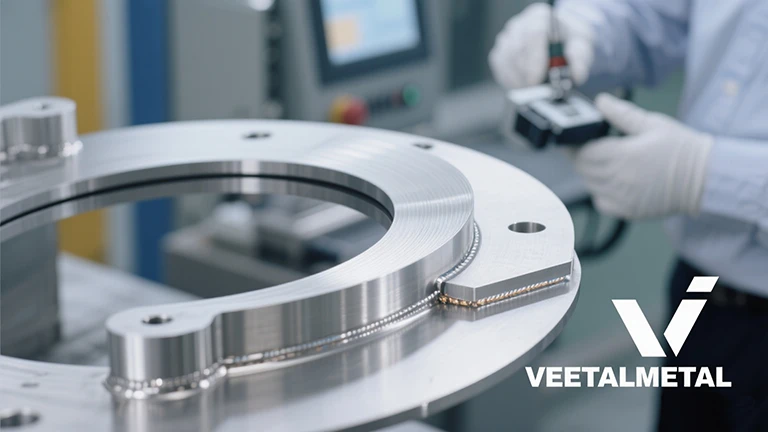
Conclusion
Sheet metal products are vital to the food industry’s ability to deliver safe, high-quality products. From processing to storage, their design—focused on hygiene, durability, and compliance—directly supports food safety goals. As the industry evolves, demand for advanced sheet metal solutions (e.g., antimicrobial coatings or custom-fit components) will grow, ensuring that food production remains efficient, reliable, and safe for consumers worldwide.

